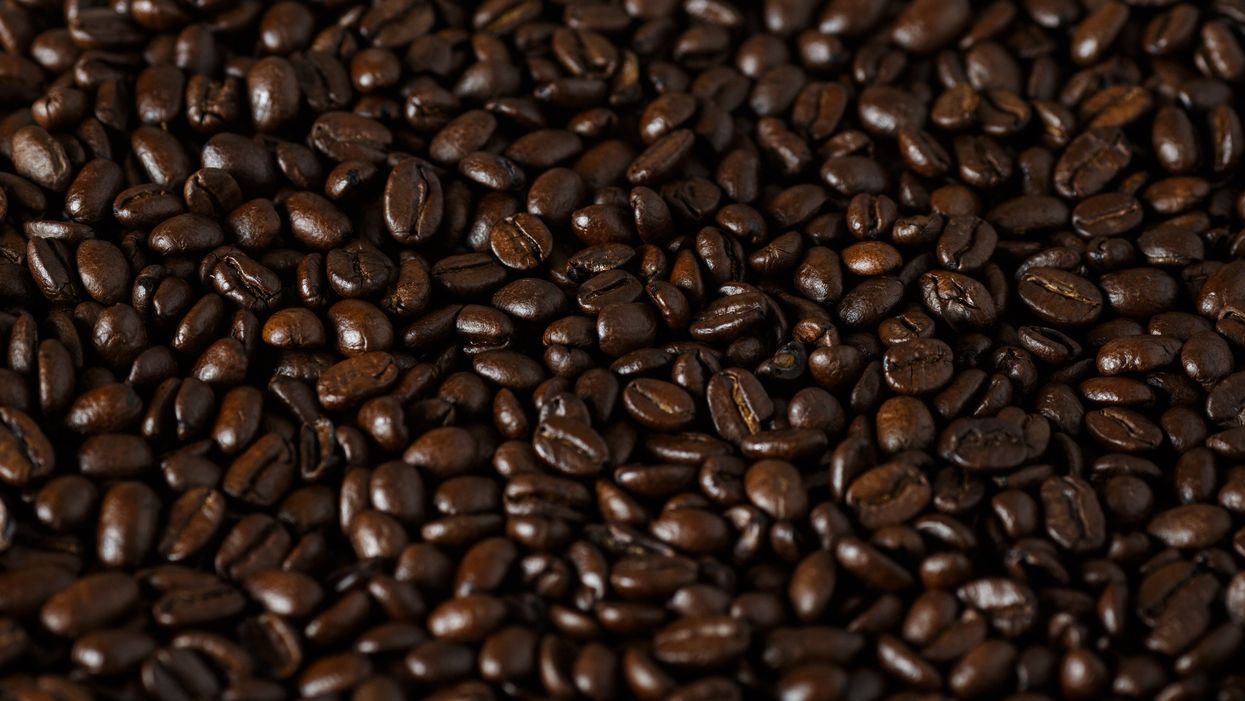
A rare species of coffee rediscovered in the wild after decades could secure the future of great-tasting brews in the face of climate change, scientists said.
According to tasting by independent experts, the enigmatic narrow-leaved coffee (Coffea stenophylla) from West Africa has a flavour similar to high-end Arabica, the world’s most popular coffee which is at risk from climate change.
But stenophylla tolerates much higher temperatures than Arabica, and as the world warms, it could help farmers whose livelihoods depend on supplying high-quality coffee for the multi-billion pound global industry.
It could be grown commercially in much warmer places than Arabica and be used as a breeding resource to produce new, climate-resilient crops to meet the world’s desire for a good cup of coffee.
But action is needed to safeguard the species in the wild, where it is threatened with extinction, and in other sites and evaluate its full potential, the scientists said.
Researchers from the Royal Botanic Gardens Kew the University of Greenwich, Cirad (the French Agricultural Research Centre for International Development) and Sierra Leone have published the results of a study into the stenophylla species in the journal Nature Plants.
Coffee is under threat from climate change, which is pushing up temperatures, causing rainfall to decline or become increasingly erratic, and helping pests and diseases spread.
Farmers face having to move to higher altitudes, change their cultivation practices or find new species to grow.
Arabica coffee currently accounts for more than half (56%) of global production of the beverage, but it originates from the highlands of Ethiopia and South Sudan in the wild and grows in cool tropical conditions.
While another commercial coffee crop, Robusta, grows in higher temperatures and is resistant to coffee leaf rust disease, it may need just as much rainfall and does not have the superior taste of Arabica, the study said.
Many of the other species of coffee are able to grow in warmer and drier environments, but none have the flavour and the attributes to grow them commercially, the study said.
Reports of the superior taste of stenophylla date from nearly two centuries ago, but while it was once widely farmed in Upper West Africa, it has not been in general cultivation since the 1920s.
In the wild it had not been seen since 1954, until two of the paper’s authors travelled to Sierra Leone in 2018, where they rediscovered populations of the species in the forest.
Following the rediscovery of the species in the wild, samples of coffee beans were evaluated by five professional, independent tasting panels with panellists from Nespresso and Jacobs Douwe Egbert.
The panels awarded it high quality scores and likened it to Arabica.
The scientists said stenophylla could produce commercially viable yields, and is reported to be drought tolerant and have partial resistance to coffee leaf rust.
Their study found it has a much higher temperature tolerance than Arabica, as it experiences average annual temperatures more than 6C above that of the high-value commercial crop.
Dr Aaron Davis, head of coffee research at RBG Kew, and lead author of the paper, said: “Future-proofing the coffee supply chain to deal with climate change is vital, coffee drives a multibillion dollar global industry, supports the economy of several tropical countries, and provides livelihoods for more than 100 million coffee farmers.
“To find a coffee species that flourishes at higher temperatures and has an excellent flavour is a once in a lifetime scientific discovery, this species could be essential for the future of high-quality coffee.”
Dr Justin Moat, scientist at RBG Kew, added: “It is widely known that our beloved Arabica coffee is being impacted by climate change, and so the results of the study are extremely exciting.
“Our analysis shows that stenophylla coffee grows at substantially higher temperatures than Arabica, providing the sort of robust differences we need if we are to have any chance of a sustainable coffee sector under climate change.”














